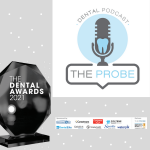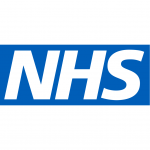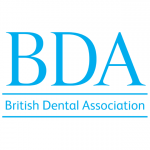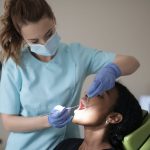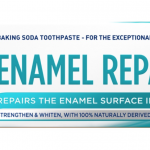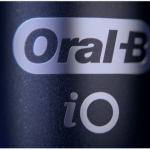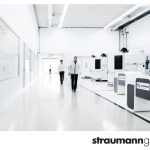Former CDO, Barry Cockcroft, looks at current provisions within dentistry.
For over fifty years, a decennial survey of adult oral health has been carried out in England. This survey, viewed in conjunction with the child dental health survey which is also carried out on a decennial basis, has provided a good overall, evidence based picture of the changing nature of oral health in the country and should be used to inform local/national commissioning decisions, workforce planning and preventive initiatives.
The latest survey was published in June and, unsurprisingly, given little coverage amid COVID-19 was carried out in a different way from previous surveys and therefore the findings, as the authors clearly say, cannot be directly compared with previous surveys. For whatever reason, be it based on cost or capacity, this survey was carried out solely in dental practices and therefore represents findings from a self selecting group – but nevertheless these findings are indeed useful in predicting and addressing future needs for care.
Many of the findings will come as no surprise to members of the dental team; edentulousness seems to be almost totally absent in the under 65s and the prevalence of disease is clearly higher in the lower socio economic groups. The vast majority of the under 65s now have functioning natural dentitions and very few under 50s have missing anterior teeth. One of the most interesting correlations was that the over 75s had relatively high levels of decayed and untreated teeth but were very low on the table showing those reporting pain. Conversely, adults in the 25-44 age groups had similar numbers of carious and untreated teeth but higher levels of reported pain than the older cohort.
The data on the presence of restorations is probably the most significant; the vast majority of participants, and these start at the age of 16, showed a high presence of restorations. There is an interesting question to be asked here; why is this so when we know that a high proportion of young children are caries free?
The fact that there is a high level of restorations present suggests that despite the ever improving oral health of the youngest children there will be plenty of work for dentists in years to come.
Relatively low numbers of patients reported an urgent treatment need but, unsurprisingly, high numbers of the older groups reported difficulty in attending practices due to health or disability concerns (and this was among those who had made it!).
Perhaps one of the most interesting tables was that which showed that very low numbers of patients (admittedly those who were attending) had difficulty paying the £56 pound charge for a band 2 treatment but that when the same question was asked about the band 3 charge the answer was very different.
So what conclusions can we draw from this survey and data? Despite the ever improving overall oral health of children in this country, the number of adults with restored dentitions which will need to be monitored and maintained, will remain high.
The most worrying finding was the level of disease, both caries and periodontal disease, in the growing elderly dentate population who also find it most difficult to access routine dental care due to mobility issues and also don’t appear to suffer symptoms to the same extent as younger people.
This is not surprising given the massive increase in the dentate population as a result of better dental care and a more informed attitude to oral health in the vast majority of the population. When I went to dental school in 1969, around 40% of the adult population in this country was edentulous; in this survey that figure is less than 1%, though likely an under representation given the fact that this survey was carried out in practices.
Perhaps the most important thing now, beyond commissioning services flexible enough to reach these people, is to amend the ludicrous advice given by NHS England to Clinical Commissioning Groups (CCGs) on prescribing high concentration fluoride toothpaste. This guidance produced a recommendation to CCGs not to prescribe these products. The guidance was produced following a consultation on the prescribing of over the counter (OTCs) products, which high concentration fluoride toothpaste is not. Many of these people cannot easily attend the dental practice so having healthcare workers who might well see these people away from the practice setting prescribing these products, as recommended in Delivering Better Oral Health, would go a long way to preventing progression from asymptomatic to urgent need.
I responded to the consultation pointing out the inappropriateness of even including these products in the consultation but was ignored; perhaps a good way start “to put the mouth back in the body” might be to revisit this guidance!




